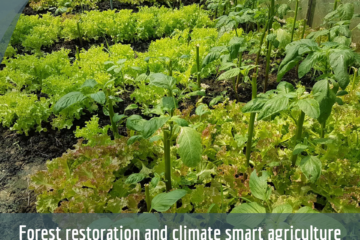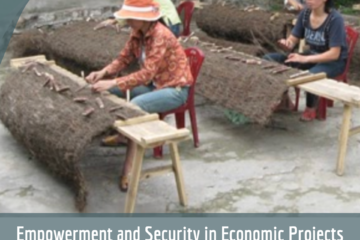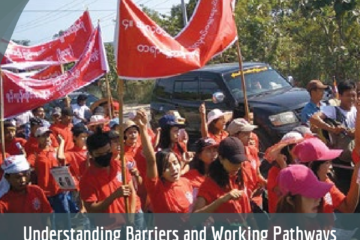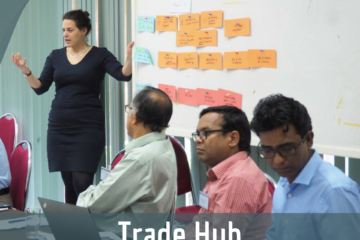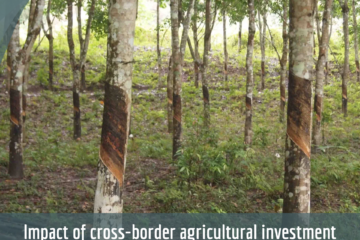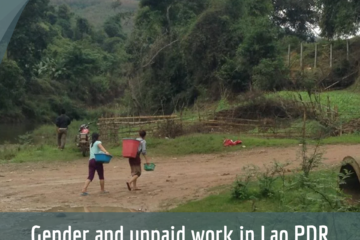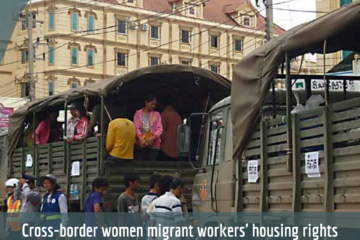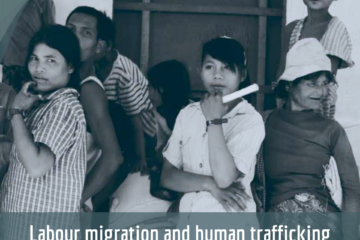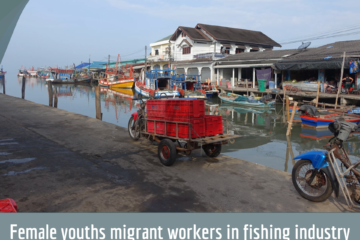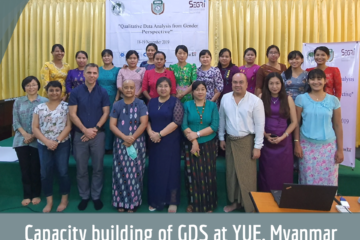Thousands of species are threatened globally with extinction, there has been a swift decline in biodiversity and ecosystem resilience and people are being kept in poverty as trade in wildlife and agricultural commodities from low and middle-income countries has rapidly increased. The Trade Hub includes economists, trade modellers, political scientists, ecologists, development scientists, large companies, UN bodies and NGOs who will work together across supply chains to influence trade related policy and practice. It will also produce research to help ensure that trade becomes a driver of positive change in the world, with biodiversity loss halted and people permanently lifted out of poverty. The Hub will select trades that are already having, of have the potential to have, a major impact on biodiversity, as well as those that are important for local livelihoods:
- bamboo and rattan
- live animals
- skins of animals
- wild meatocoa
- coffee
- palm oil
- rubber
- soy beans
- sugar
Emerging trades, for example in crops such as bush mango and the African cherry, will also be studied as examples of wild-sourced species that are being gradually domesticated into agricultural systems. These various trades will be studied within eight countries, chosen for being in different stages of economic development as well as producing a wide range of wildlife and agricultural products: Brazil, China, Cameroon, Gabon, Republic of Congo, Democratic Republic of Congo, Tanzania, and Indonesia. The project will study how different systems of trade have affected biodiversity from a biophysical, social, political and economic point of view, and trace the impact of the supply chain all the way from supplier to consumer countries via trading companies. As well as feeding into public policy advice, this research will also help companies understand their products’ true environmental impact all the way back to the raw materials.
Keywords Trade, Brexit, Sustainability, Biodiversity, Equitable Growth
(more…) 